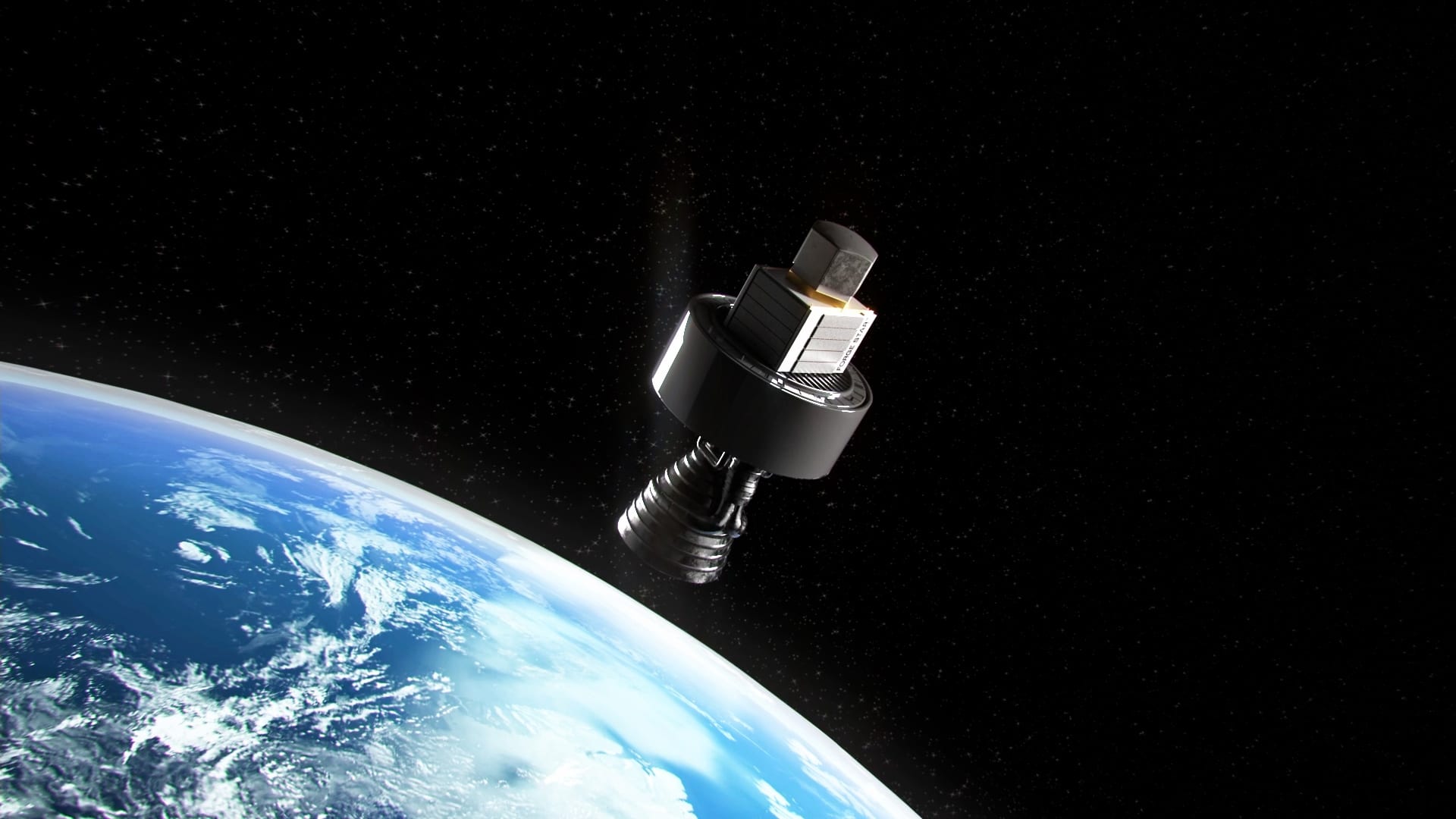
In-space manufacturing may sound like science fiction but it’s happening already, albeit on a very small scale. It’s a fledgling market that analysts and several startups are projecting will take off.
“If you look at pharma, semiconductors, beauty and health products and potentially food in the sense of like new crops, we estimated the market to be above $10 billion at some point in 2030, depending on the speed of maturation,” said Ilan Rozenkopf, a partner at McKinsey.
Space offers a unique environment for research and development because its higher levels of radiation, microgravity and near vacuumless state allows companies to come up with new manufacturing methods or materials that are not possible on Earth.
The practice is not entirely new. The International Space Station has hosted several experiments from academics, government agencies and commercial customers for things such as growing human tissue, making purer semiconductors and developing new or better drugs. In the 2024 fiscal-year budget, President Joe Biden even set aside $5 million for NASA to pursue cancer-related research on the ISS.
But access to the ISS has always been competitive and interest continues to grow. Now, several space startups see an opportunity to satisfy in-space manufacturing demand using compact space factories. One company is Varda Space Industries in Southern California. Varda’s mission is to help pharmaceutical companies improve their drugs or come up with new drug therapies by taking advantage of the unique properties of space, and then return those materials back to Earth.
Varda Space Industries’ first pharmaceutical manufacturing satellite and reentry vehicle attached to a Rocket Lab Photon bus.
Rocket Lab
Key to Varda’s business proposition is a phenomenon known as protein crystallization.
This occurs when super-saturated protein solutions are essentially evaporated to form a solid so scientists can study a protein’s structure. Understanding the crystal structure of a protein can help scientists get a better idea of disease mechanisms, identify drug targets and optimize drug design. Think drugs that have less side effects, are more effective or can withstand a greater array of conditions such as not needing to be refrigerated.
Years of research have shown that protein crystals grown in space are much higher quality than those grown on Earth. The plan is not to make the entire drug in outer space, just what is known as the primary active pharmaceutical ingredient, or the portion responsible for the therapeutic effects of a drug.
“You’re not going to see us making penicillin or ibuprofen or these types of very generic mass consumption targets, given the amount of crystalline you need to create is far beyond our current capabilities,” said Delian Asparouhov, co-founder and president of Varda Space Industries. “But there is a wide set of drugs that do billions and billions of dollars a year of revenue that actively fit within the manufacturing size that we can do even on our current manufacturing facility.”
Asparouhov said that in the U.S. in 2021 and 2022, of the hundreds and millions of doses of the Pfizer Covid vaccine administered, “the actual total amount of consumable primary pharmaceutical ingredient of the actual crystalline mRNA, it effectively was less than two milk gallon jugs.”
Across the Atlantic in Cardiff, Wales, Space Forge is working on designing its own in-space factory to manufacture next-generation semiconductors. Space Forge’s goal is to make semiconductor substrates using materials other than silicon to manufacture more efficient, higher performing chips.
“This next generation of materials is going to allow us to create an efficiency that we’ve never seen before,” said Andrew Parlock, managing director of Space Forge’s U.S. operations. “We’re talking about 10 to 100 X improvement in semiconductor performance.”
A rendering of Space Forge’s ForgeStar manufacturing satellite.
Space Forge
Just like with pharmaceuticals, the secret sauce to achieving this type of performance improvement in semiconductors lies in creating the perfect crystals in space. These types of advanced chips are important for industries such as 5G and electric vehicles. Similar to Varda, Space Forge plans to manufacture only part of the chips in space.
“Once we’ve created these crystals in space, we can bring them back down to the ground and we can effectively replicate that growth on Earth,” said Josh Western, CEO and co-founder of Space Forge. “So we don’t need to go to space countless times to build up pretty good scale operating with our FAB partners and customers on the ground.”
To learn more about in-space manufacturing as well as Varda and Space Forge’s plans to make the practice a viable business, watch the video.




